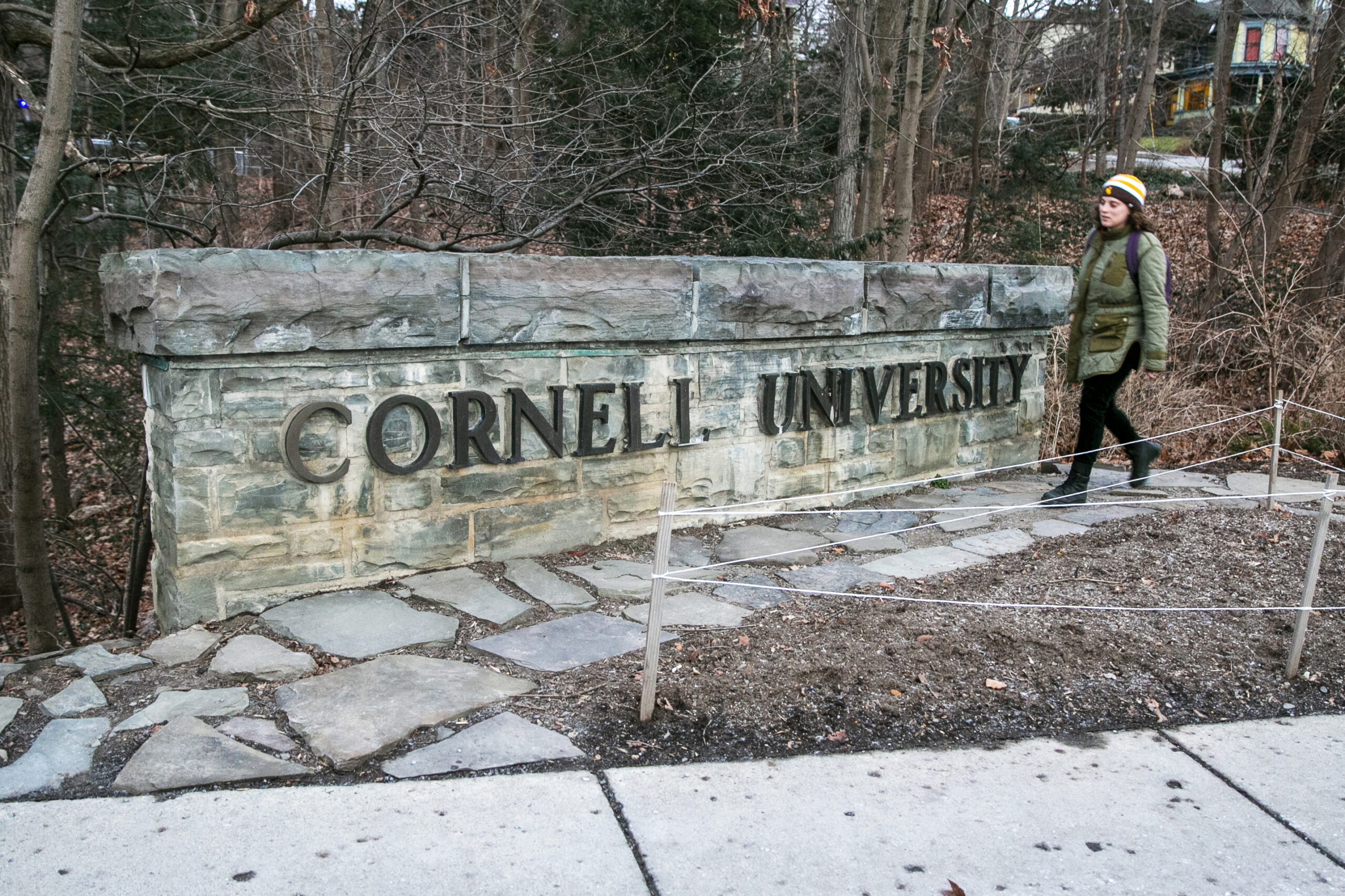
A Cornell University has voluntarily left the United States following the revocation of his student visa and the dismissal of his lawsuit against the Trump administration.
Momodou Taal, an Ivy League student with dual citizenship in the United Kingdom and Gambia, announced on X, formerly Twitter, that he had chosen to leave the U.S. “free and with my head held high,” saying that while he initially intended to pursue his lawsuit, he ultimately decided to leave due to concerns for his safety.
Why It Matters
The Trump administration has reintroduced the U.S. Border Patrol’s app, now called CBP Home, allowing undocumented immigrants to notify the government of their self-deportation. Previously known as CBP One under former President Joe Biden, the app is being promoted by the administration as the safest way for those without legal status to exit the country. It’s part of President Donald Trump‘s strategy to carry out what he describes as the largest mass deportation operation in American history.
Ted Shaffrey/AP
What To Know
“Given what we have seen across the United States, I have lost faith that a favorable ruling from the courts would guarantee my personal safety and ability to express my beliefs,” Taal wrote. “I have lost faith I could walk the streets without being abducted. Weighing up these options, I took the decision to leave on my own terms.”
Taal, 31, said that this was not the outcome he had hoped for after suing the Trump administration last month alongside two U.S. citizens—a Cornell professor and a Ph.D. student—challenging its executive orders aimed at “combat[ting] antisemitism” on college campuses and expelling foreign nationals deemed national security threats by the administration.
Taal has contested two executive orders that the Trump administration implemented as part of its crackdown on foreign students participating in pro-Palestine protests across the country.
One of the executive orders declared that “immediate action will be taken by the Department of Justice to protect law and order, quell pro-Hamas vandalism and intimidation, and investigate and punish anti-Jewish racism in leftist, anti-American colleges and universities.”
Another order referenced in Taal’s lawsuit, titled “Protecting the United States from Foreign Terrorists and Other National Security and Public Safety Threats,” aimed to tighten the vetting process for individuals seeking entry into the U.S.
The lawsuit filed by Taal and the other plaintiffs claimed that the administration’s broad orders violated their constitutional rights by restricting their speech and suppressing dissent. Plaintiffs argued that Trump’s policies “unconstitutionally silenced Plaintiffs and chilled protected expression, prohibiting them from speaking, hearing, or engaging with viewpoints critical of the U.S. government or the government of Israel, under threat of criminal prosecution or deportation.”
Taal said he chose to sue the Trump administration in hopes of securing protections for himself and others facing similar circumstances. However, shortly after the lawsuit was filed, the Justice Department ordered him to surrender to immigration authorities.
According to Taal and his attorney, Eric Lee, the administration responded by revoking his student visa, deploying Immigration and Customs Enforcement (ICE) agents to his home, and taking steps to block the lawsuit from proceeding in court. Lee stated that unidentified officials showed up outside Taal’s student apartment building, inquiring about him before staff members asked them to leave.
Taal stated that the initial motion in the lawsuit was denied, and he had planned to submit a second briefing to prevent his detention while the case proceeded. However, following Taal’s announcement, the lawsuit was dismissed Monday night for all three plaintiffs, according to NBC News.
Meanwhile, Secretary of State Marco Rubio‘s announcement that he has signed over 300 letters revoking visas for students, visitors, and others, citing their foreign policy views or criminal activities as justification. Since taking office in late January, Rubio said that he has been signing visa revocation letters daily.
A flurry of pro-Palestinian protesters have been apprehended by ICE under Trump’s sweeping onslaught.
Federal agents detained 30-year-old Rumeysa Ozturk, a doctoral student at Tufts University, on Tuesday after surveillance footage showed her walking down a street in Somerville, Massachusetts. Plain clothes officers approached her and placed her in handcuffs, though the reason for her detention remains unclear as of Wednesday afternoon.
Earlier on Tuesday, another doctoral student, Iranian Alireza Doroudi, was also detained, but the reason for his detention has not been disclosed.
Three weeks ago, Mahmoud Khalil, the pro-Palestinian Columbia University graduate, was also detained by federal agents.
Trump signed an executive order aimed at combating antisemitism, specifically addressing campus protests following Hamas‘ October 7, 2023, attack on Israel.
What People Are Saying
Taal said on X: “This is of course not the outcome I had wanted going into this, but we are facing a government that has no respect for the judiciary or for the rule of the law.
“The repression of Palestinian solidarity is now being used to wage a wholesale attack on any form of expression that challenges oppressive and exploitative relations in the U.S.”
What Happens Next
More people could decide to self-deport to avoid deportation by the administration.
